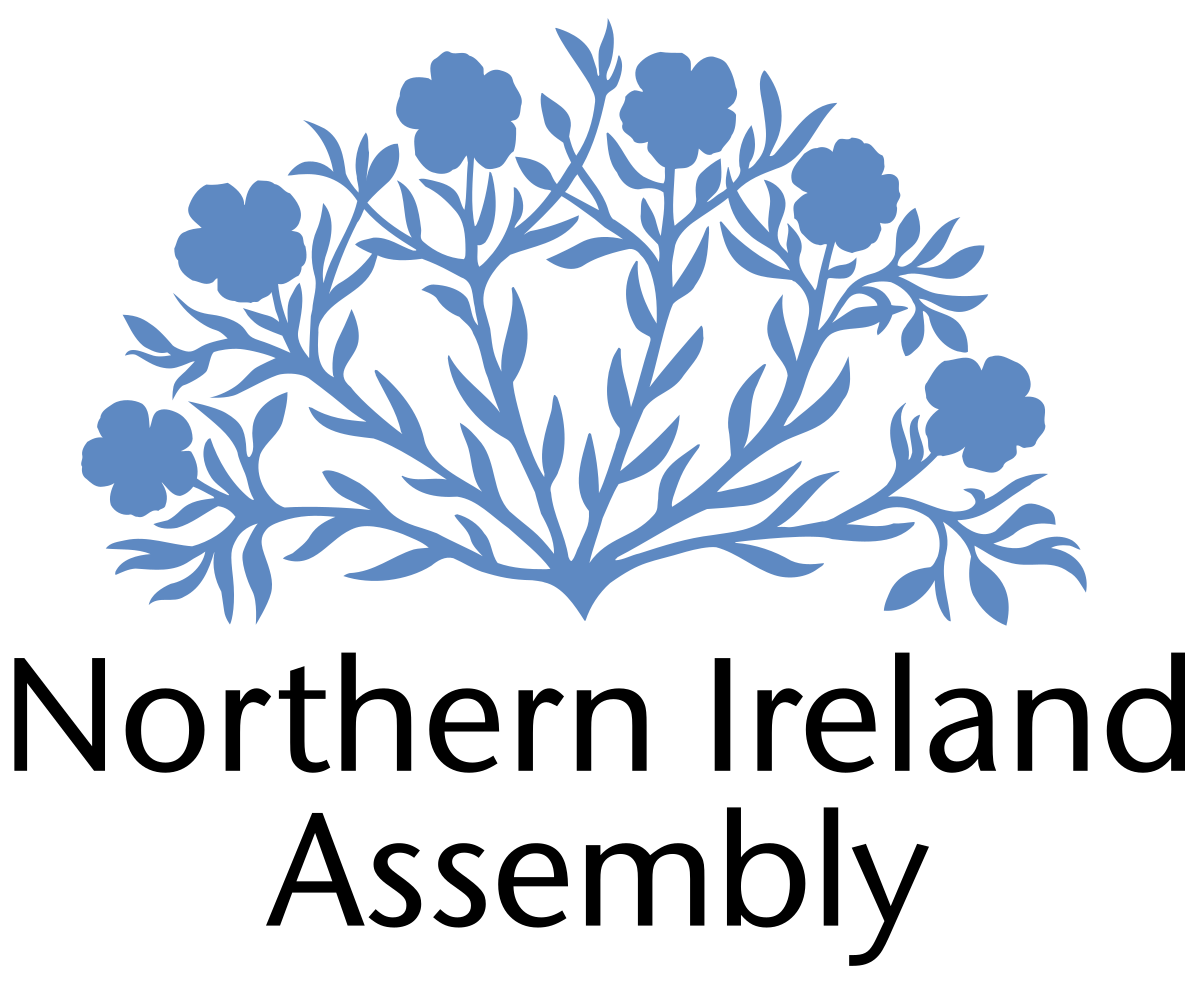Education (Curriculum) (CPR and AED) Bill - Call for Views
Overview
Colin McGrath MLA (Member of the Legislative Assembly) is an elected representative from the Social Democratic and Labour Party in South Down.
He has put his idea that lifesaving skills should be taught in school into a bill (a draft law), and asked the whole Assembly to consider it.
He wrote about his idea in a document called the Explanatory and Financial Memorandum which you can read here (opens in a new window):
The Assembly discussed this idea and agreed to do some more work on it. This was called the second stage debate. Their discussion is at this link.
They gave the bill to the Education Committee to work on it and now the Committee wants to hear from you about it.
You can watch a video about the stages of lawmaking in the Assembly here:
https://education.niassembly.gov.uk/video-gallery/how-laws-are-made-northern-ireland-assembly_
Why your views matter
At the Assembly, a Committee (in this case the Education Committee) will invite people who will be affected by a proposed new law to tell us what they like and don’t like about it.
The Committee does this because a) law should reflect the values of people in society; and b) everyone in society will be affected by the law if it is made and c) there maybe an issue you aware of that the Committee has not thought of yet.
Young people may want to tell us if they would like to learn lifesaving skills and what else they may need to help them to use it if they ever have to.
Parents, teachers, wider family, schools, clubs, churches, community organisations and medics may also want to tell us what they think of this idea.
The Committee will then report its research and findings to the Assembly, and the full Assembly will take some try to discuss changes (amendments) and make decisions about the bill.
Some Terms we use when we’re working on making law:
A Bill is a draft law. You are invited to give your views on this draft law to help elected Members of the Assembly (MLAs) decide whether to accept, reject or change it.
Draft means its contents are still being discussed.
Amendments are changes to a law while it is in draft.
Some bills contain both:
Clauses, which are statements of each key idea; and
Schedules, which give more detailed information about each key idea. Clauses and schedules are both called provisions.
Provisions are each idea within a draft law/bill. They provide a clear statement of new law.
The Assembly can decide against the new law if this process does not go well. However, at the end of the process, if the Assembly is content, the law is made. This is called enactment, when the Bill becomes an Act.
Often some preparation has to take place in the real world before an Act can begin to take force. The bill allows some space and time for this by stating that the new Act will commence/begin to take effect after a specific time, for example three months. This is called a commencement clause.
And now on to the bill:
What happens next
Following the closure of this call for evidence and views the Committee will consider all written and oral evidence before moving to consider on the Clauses of the Bill. The Committee will sum up in a report to the Assembly which may recommend amendments.

Share
Share on Twitter Share on Facebook